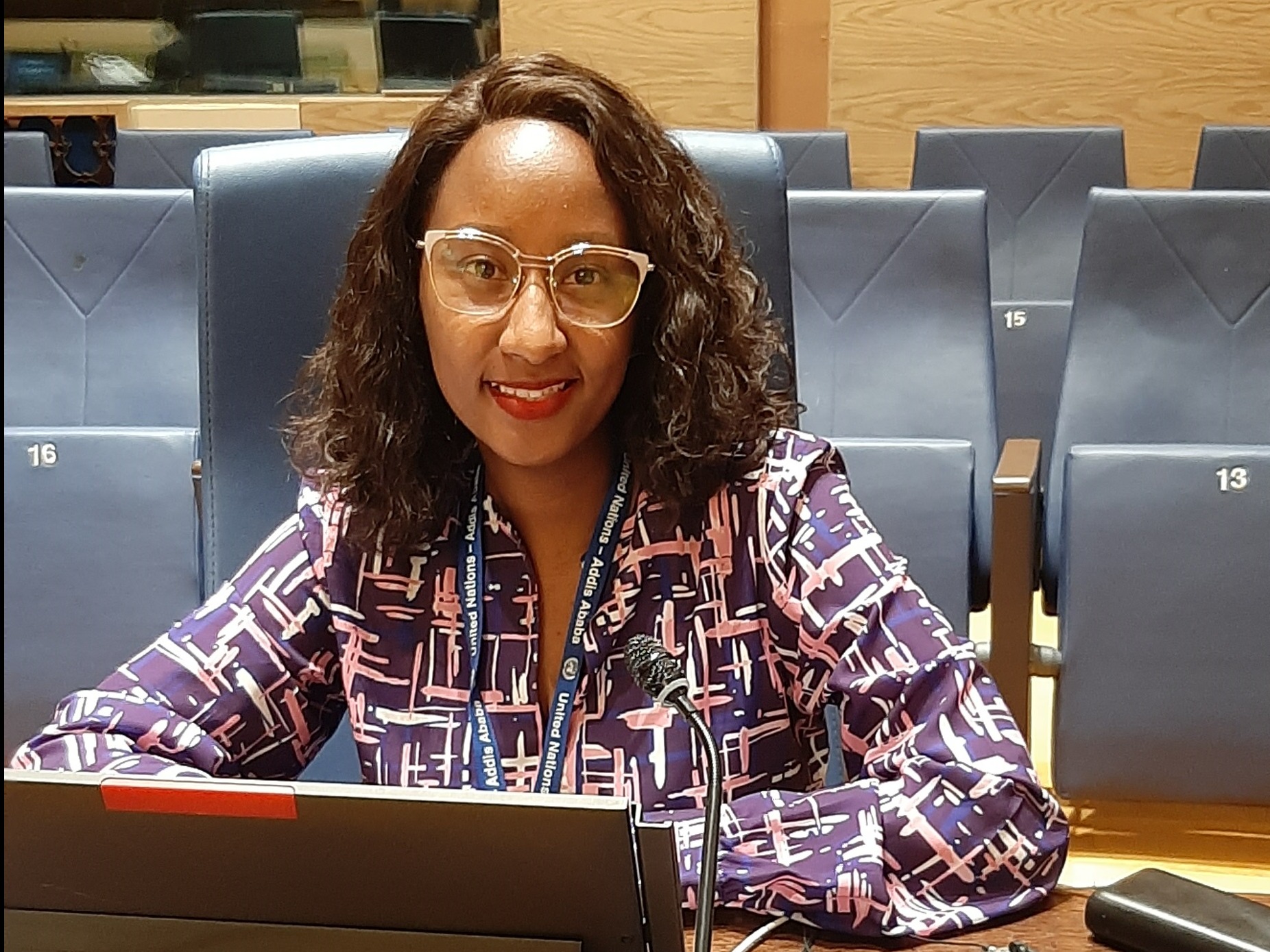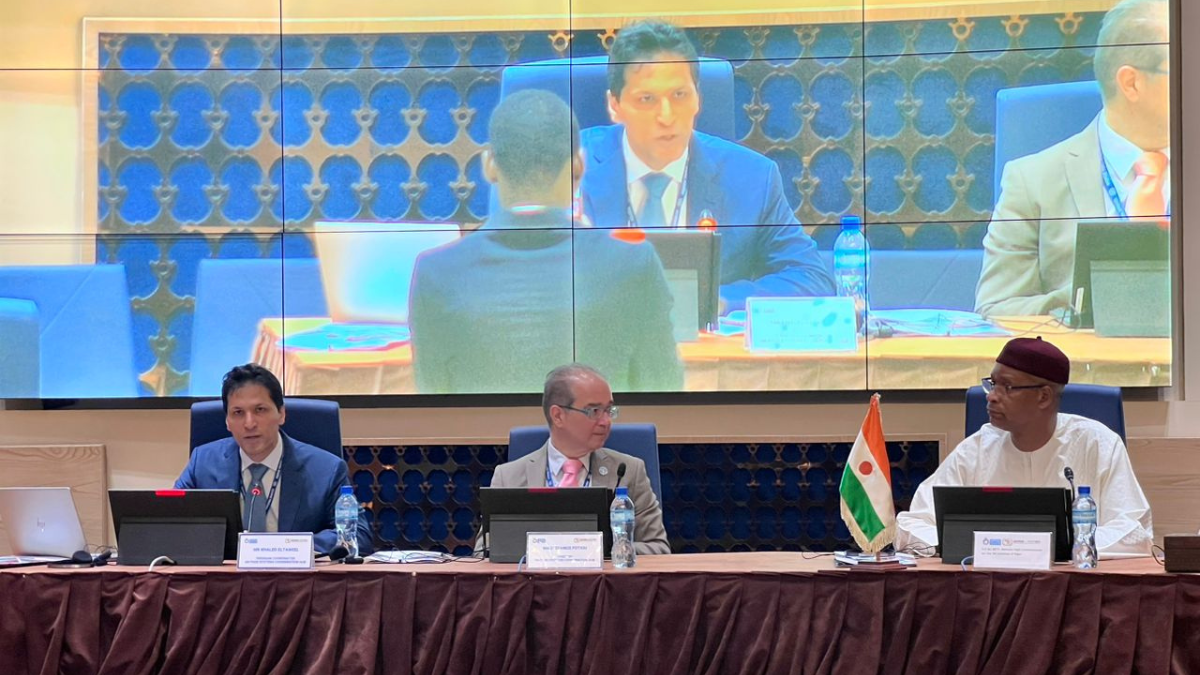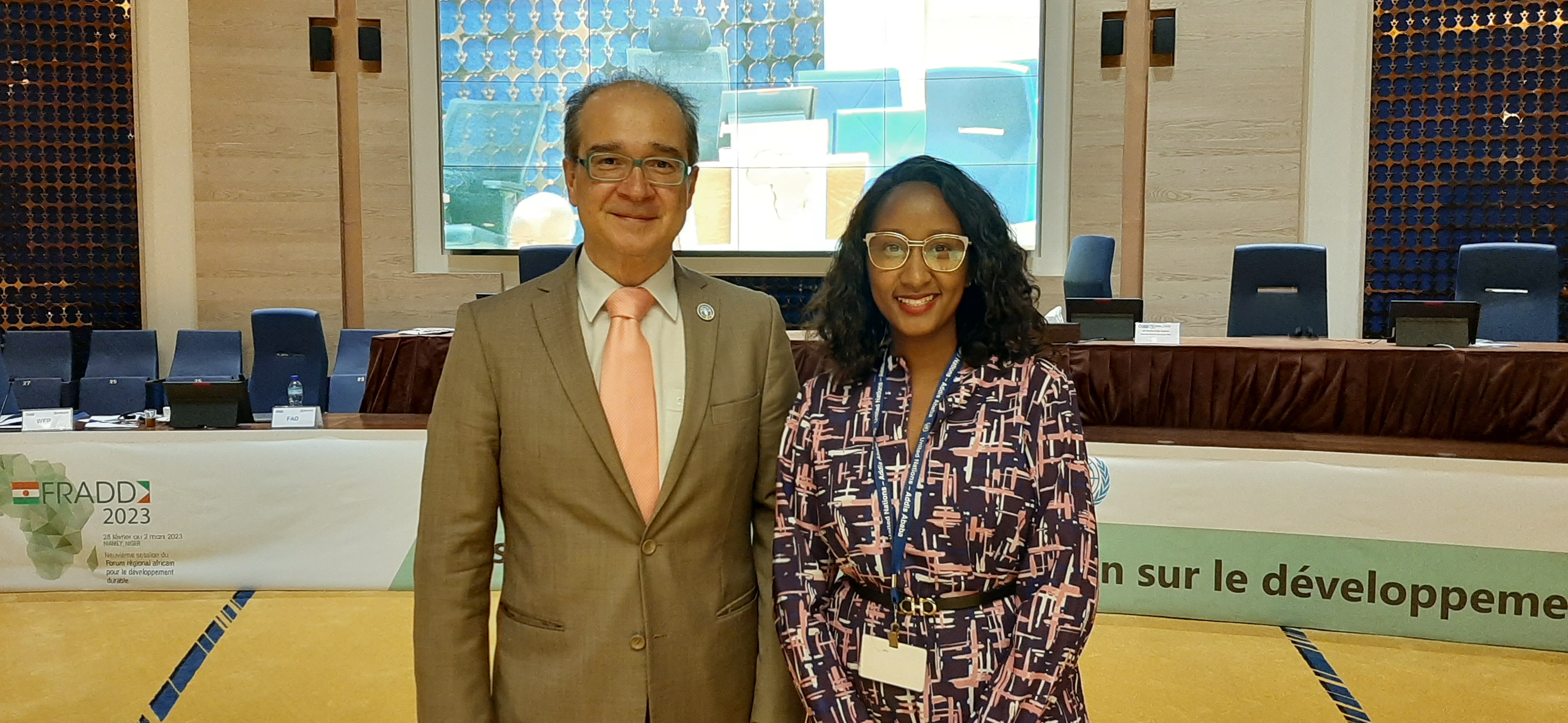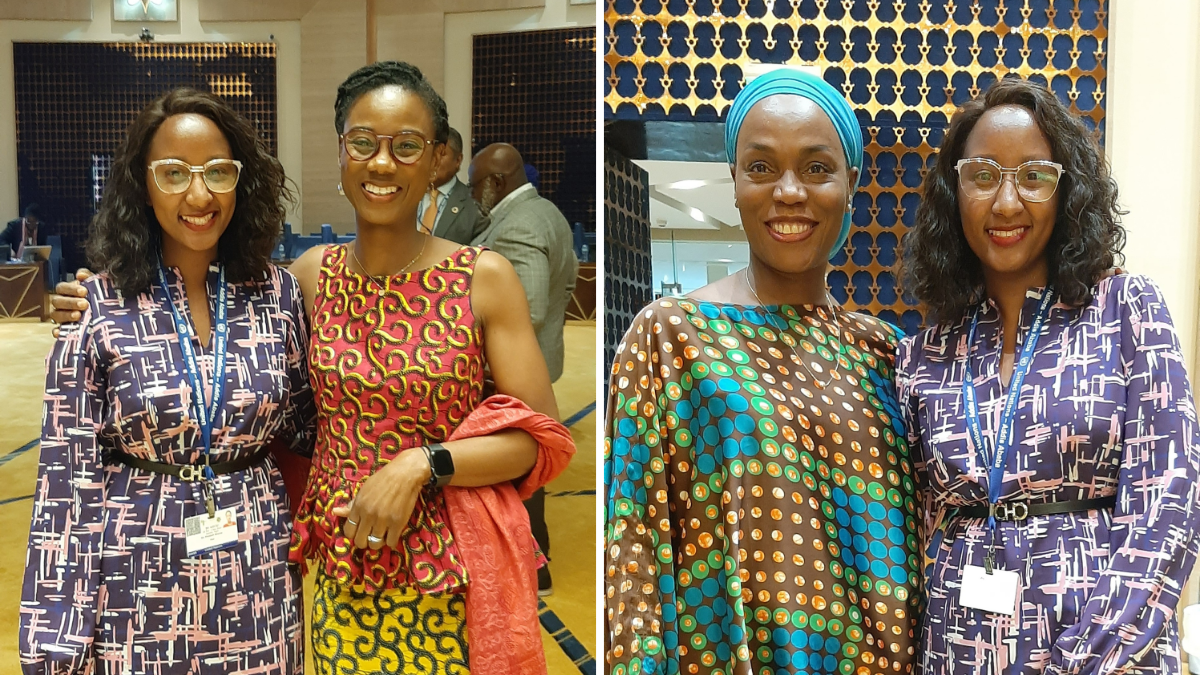SEED FUNDING JOINT PROGRAMMES
Cambodia
Transforming Cambodia’s food systems to become more sustainable, inclusive, and resilient


PROJECT TITLE | Transforming Cambodia’s food systems to become more sustainable, inclusive, and resilient |
| Context | Cambodia’s National Pathway is the outcome of an extensive consultation process, involving more than 2,000 people throughout thirty dialogues, which identifies four priority areas, namely healthy diets for all, empowerment of youth, women and vulnerable groups, resilient livelihoods and food systems, inclusive governance. Acknowledging the risks posed by climate change to hard won development gains and as a co-founder of the Alliance of Champions for Food Systems Transformation, Cambodia is prioritizing the integration of climate change and food systems transformation, building coherence across the agendas. The Council for Agricultural and Rural Development, the government agency coordinating food security and nutrition initiatives in Cambodia, is leading collaborative efforts to translate national aspirations into concrete action. |
| PUNOs | FAO, WFP, UNICEF |
| Contribution to SDGs | SDG 2 Zero Hunger |
| Contribution to other SDG transitions | Climate, biodiversity, pollution |
| Duration | August 2024 – July 2025 |
| Expected financial leverage | $3 million |
| Alignment with SG Call to Action | Policy integration; Food systems governance; Inclusive and participatory design; Private sector engagement |
| Outcomes | The Joint Programme fosters an enabling environment for food systems transformation by enhancing national capacities and policy frameworks, identifying opportunities to unlock financial streams, and strengthening advocacy efforts for food systems transformation. The JP provides crucial support to the alignment of the climate and food agendas, accelerating progress towards resilient, sustainable and inclusive food systems. |
| Partners | Council for Agricultural and Rural Development (CARD) will be the main government counterpart and will coordinate the government activities in conjunction with other key Ministries, including:
|
| Outputs |
|
My experience as a Youth Representative at the Africa Regional Meeting for the UN Food Systems Summit +2 Stocktaking Moment
Elizabeth Mwende, Youth Representative of the Hub’s Stakeholder Engagement and Networking Advisory (SENA) Group, highlights the importance of including the youth perspective in food systems transformation at the Africa Regional Preparatory Meeting for the UN Food Systems summit +2 Stocktaking Moment.

How do we transform food systems in Africa? I recently had the opportunity to find out!
My name is Elizabeth Mwende, an agricultural engineer and a proud Youth Representative of the Hub’s Stakeholder Engagement and Networking Advisory (SENA) Group. On 27 February 2023, I had the opportunity to speak on behalf of the youth at the Africa Regional Preparatory Meeting for the UN Food Systems Summit +2 Stocktaking Moment (UNFSS+2) in Niamey, Niger – my first time speaking at an international forum in person and my first time in West Africa!

Elizabeth at the Diori Hamani International Airport in Niamey, Niger.
The meeting was organized as a senior technical-level workshop with National Convenors from African countries and their teams, UN Resident Coordinators and members of UN Country Teams, and other relevant stakeholders. It served as a platform to share experiences, good practices, and lessons learned in national efforts to follow up to the 2021 Summit. The meeting was officially opened by H.E. Ali Bety, Minister, High Commissioner for the 3N Initiative of Niger, who cordially welcomed the participants to the country. He noted that the agricultural sector in Africa has been greatly affected by various external shocks, most notably the Covid-19 pandemic and climate change. He stressed the need for commitment to resolve livestock issues in arid and semi-arid regions, which has challenged farmers for many years.
What did we learn?

Opening remarks. Left to right: Khaled Eltaweel, Program Coordinator of the UN Food Systems Coordination Hub; Stefanos Fotiou, Director of the UN Food Systems Coordination Hub; H.E. Ali Bety, Minister, High Commissioner for the 3N Initiative of Niger
The overarching message was that food systems must be economically viable, with minimal negative impacts on the environment, while supporting equitable livelihoods. In order to realize the SDGs, food systems must be re-imagined to be inclusive of women, youth, and other vulnerable groups, and become more productive. Moreover, we must improve efficiency along the food production and supply chain as 35-50% of food is currently wasted along this chain. This would also mean countries should increase their agro-processing capacities in order to overcome this food waste challenge. In addition, the African Continental Free Trade Area (AfCFTA) presented a key opportunity for countries to collaborate on food security issues. The meeting also involved vibrant high-level panels and interactive discussion sessions around topics such as: how food systems transformation can accelerate the SDGs, fast-tracking these transformations in collaboration with the Food Systems Ecosystem of Support, and financing these transformations. One notable intervention was that there was need for policies in Africa to shift from viewing food systems transformation as a charity/social issue to viewing it as a priority given that it’s a key component in the global food equation.
Engaging and empowering youth

Elizabeth and Stefanos Fotiou, Director of the UN Food Systems Coordination Hub.
Did you know that youth make up more than 60% of the population in Africa? Youth bring vital solutions with enormous potential to accelerate food systems transformation in Africa, create sustainable jobs, and ultimately contribute to greater food security in their countries. I called upon the National Conveners to involve youth in the national dialogues and teams ahead of the UNFSS+2. Their inclusion in the identification of policy priorities, and allocation of public resources will help elevate the youth perspective as well as mentor/empower young people to realize their full potential and make great impact in the society. I also highlighted key areas of support needed by youth in agriculture.
Benefits of attending this forum
1. It was a great opportunity to represent the African youth perspective ahead of the UNFSS+2, helping ensure an inclusive process.
2. It enhanced my communications and public speaking skills as a young professional.
3. It gave me an avenue to network with high-level officials from the UN system, the governments, and beyond.
4. It served as an avenue to access first-hand information on progress being made in Africa with regard to food systems transformation.
5. It opened me up to new ideas and concepts.
6. It gave me a chance to explore a new country and experience their way of life.
7. It served as an avenue for me to meet with National Convenors, some of whom contacted me bilaterally to build synergy and explore areas of collaboration!
It was truly an honor to represent the voice of youth at this forum, and I remain committed, along with fellow young people, to driving transformational change in our food systems.

Left: Elizabeth and Sylvia Lopez-Ekra, Deputy Director of the UN Food Systems Coordination Hub; Right: Elizabeth and Nadine Gbossa, Director Food Systems Coordination at IFAD and Chief of Means of Implementation at the UN Food Systems Coordination Hub.
